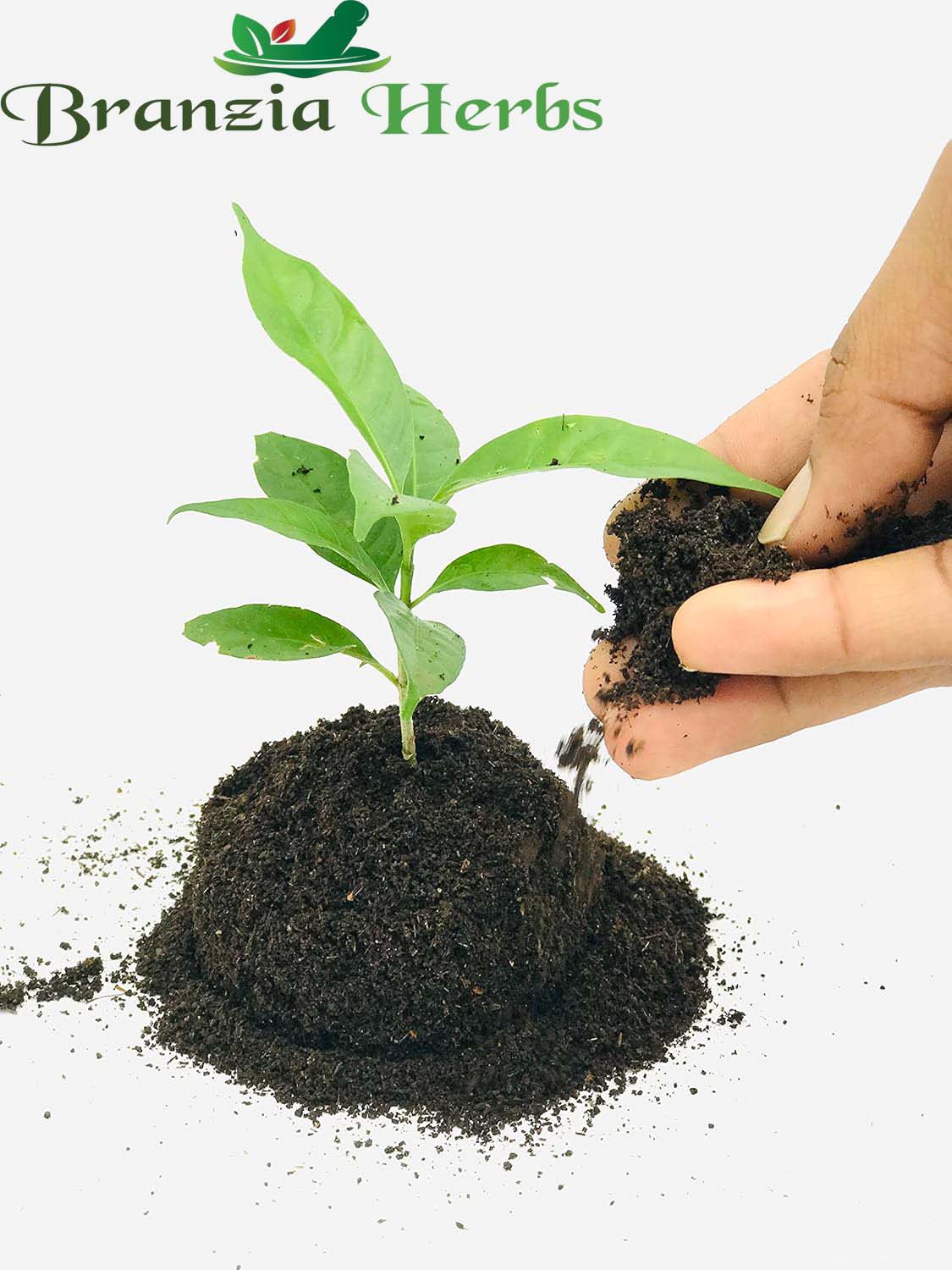-
Plant Description:
-
Scientific Name: Anethum graveolens.
-
Appearance: Dill is an annual herb with feathery, fern-like leaves and small yellow flowers arranged in umbrella-shaped clusters. The seeds are small, oval, and brownish-green, and are harvested from the dried flower heads.
-
Traditional Uses:
-
Digestive Health: Dill seeds are renowned for their digestive benefits. They are used to relieve indigestion, bloating, gas, and other gastrointestinal discomforts. The seeds help stimulate digestion and improve appetite.
-
Antimicrobial: Dill seeds have antimicrobial properties that can help fight infections and support overall immune health.
-
Anti-inflammatory: The seeds contain compounds that help reduce inflammation, making them useful for managing inflammatory conditions such as arthritis.
-
Respiratory Health: Dill seeds are used in traditional medicine to support respiratory health, including relief from coughs and colds.
-
Antioxidant: Dill seeds are rich in antioxidants, which help protect cells from oxidative damage and support overall health.
-
Preparation and Use:
-
Culinary Use: Dill seeds are used as a spice in cooking. They add a distinctive flavor to dishes and are commonly used in pickling recipes, bread, and soups.
-
Teas and Infusions: Dill seeds can be brewed into herbal teas or infusions, which are consumed for their medicinal benefits.
-
Essential Oil: The essential oil extracted from dill seeds can be used in aromatherapy and as a flavoring agent in various products.
-
Powdered Form: The seeds can be ground into a powder and used in traditional herbal remedies.
-
Properties:
-
Digestive Aid: Promotes digestion and alleviates gastrointestinal discomfort.
-
Antimicrobial: Helps combat infections and supports immune health.
-
Anti-inflammatory: Reduces inflammation and helps manage inflammatory conditions.
-
Antioxidant: Provides protection against oxidative stress and cellular damage.
-
Ayurvedic and Traditional Significance:
-
Therapeutic Use: In Ayurveda and other traditional medicine systems, dill seeds are valued for their digestive, anti-inflammatory, and antimicrobial properties. They are used in various formulations aimed at improving digestive health, managing inflammation, and supporting overall well-being.
Note:
Dill seeds are generally safe for most people when used in moderation. However, excessive consumption of dill seeds or dill seed oil might lead to adverse effects, especially in large quantities. As with any herb or supplement, it is important to consult with a healthcare professional before starting new treatments, especially if you have existing health conditions or are taking other medications




